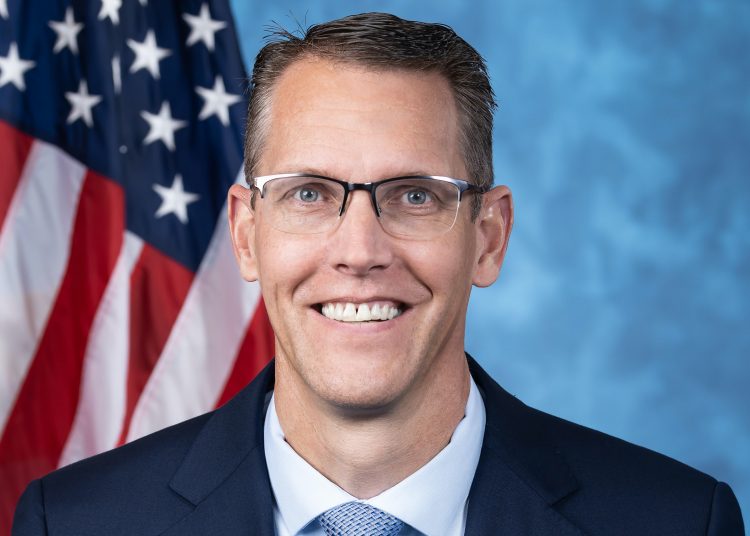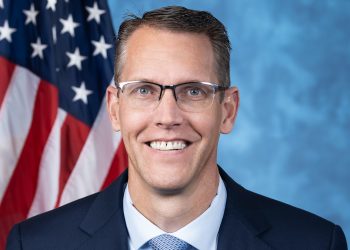President Biden’s economic agenda – which he has coined “Bidenomics” – has failed our families, farmers, small businesses, and rural communities by every measure possible. Sixty-one percent of Americans reported living paycheck to paycheck, 71 percent of Americans have a negative view of the state of the economy, and gas prices continue their upward trajectory. Even more concerning, credit-car and car-loan delinquency rates are rising with American families now carrying a record one trillion dollars in credit-card debt. This is also the most expensive time to buy a new home in over twenty years thanks to skyrocketing interest rates and costly mortgages. Republicans warned that approving trillions of dollars in wasteful spending and imposing burdensome regulations on American businesses would wreak havoc on our economy and prevent American families from keeping more of their hard-earned money. This warning – of course – fell on deaf ears across the aisle.
To combat the failures of “Bidenomics,” my colleagues on the House Ways and Means Committee and I recently passed our American Families and Jobs Act out of committee. This comprehensive economic package honors our Commitment to America by rebuilding our economy and helping every family achieve financial security. It is a victory for our families, farmers, small businesses, and rural communities who are struggling from record inflation, economic uncertainty, and rising costs that are the direct result of “Bidenomics.”
First, this legislation includes a new $4,000 guaranteed bonus deduction – in addition to the enhanced standard deduction that was raised from $13,000 to $24,00 as part of the Tax Cuts and Jobs Act of 2017 – over the next two years to help Iowa families keep more of their paycheck and weather the costly impact of inflation on their budgets. It also repeals the superfund tax on petroleum, which only increases gas prices for hardworking Iowans while President Biden continues his unfounded attacks on American energy production. By eliminating this tax, our families will experience lower prices at the pump and relief in their wallets.
Additionally, the American Families and Jobs Act will allow immediate expensing for purchases of farm machinery, tractors, combines, and precision agriculture technology of up to $2.5 million. This policy revision will encourage our farmers to reinvest in their businesses, hire new employees, and power our economy in rural Iowa. Moreover, this package will make immediate research and development expensing permanent, which would allow our small businesses to dedicate scare resources to improving their operations instead of diverting precious dollars to the IRS. This simple fix is particularly important to Iowa’s biofuels producers who spend large amounts of money on innovation and research to expand ethanol and biodiesel production that contribute to our nation’s energy security and economic prosperity.
Another important aspect of our economic package is the expansion of opportunity zones in rural America. By applying the same tax provisions that urban centers utilize to our rural communities, we can attract private investment in rural areas, encourage real economic growth, keep our families rooted in rural Iowa, and grow our main streets.
I’m honored to serve Iowans on the House Ways and Means Committee and be a strong voice for fiscal responsibility, low taxes, and job creators. I’m confident that our economic package will reignite the American economy, deliver much-needed tax cuts for our families, reverse the failures of “Bidenomics,” and cut red tape that stifles innovation and profitability for our businesses. In our Commitment to America, House Republicans pledged that we would rebuild our economy, combat inflation, and support our families. The American Families and Jobs Act advances this unwavering commitment.
We are government together, and your thoughts and opinions matter to me. Please contact my office at Feenstra.House.Gov or by phone at 202-225-4426 if I can ever be of assistance. I am proud to represent our families, farmers, main street businesses, and rural communities in Congress.















